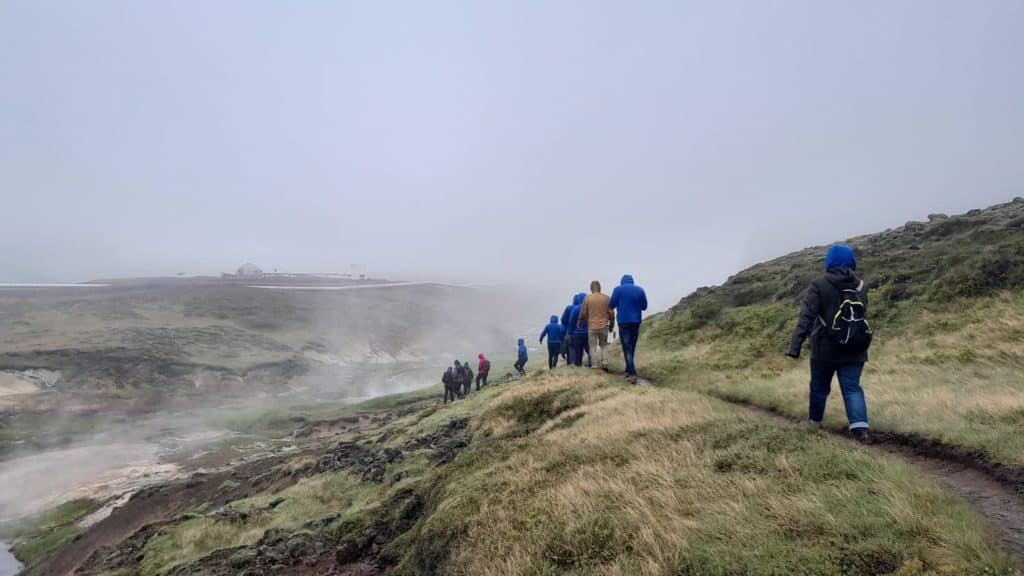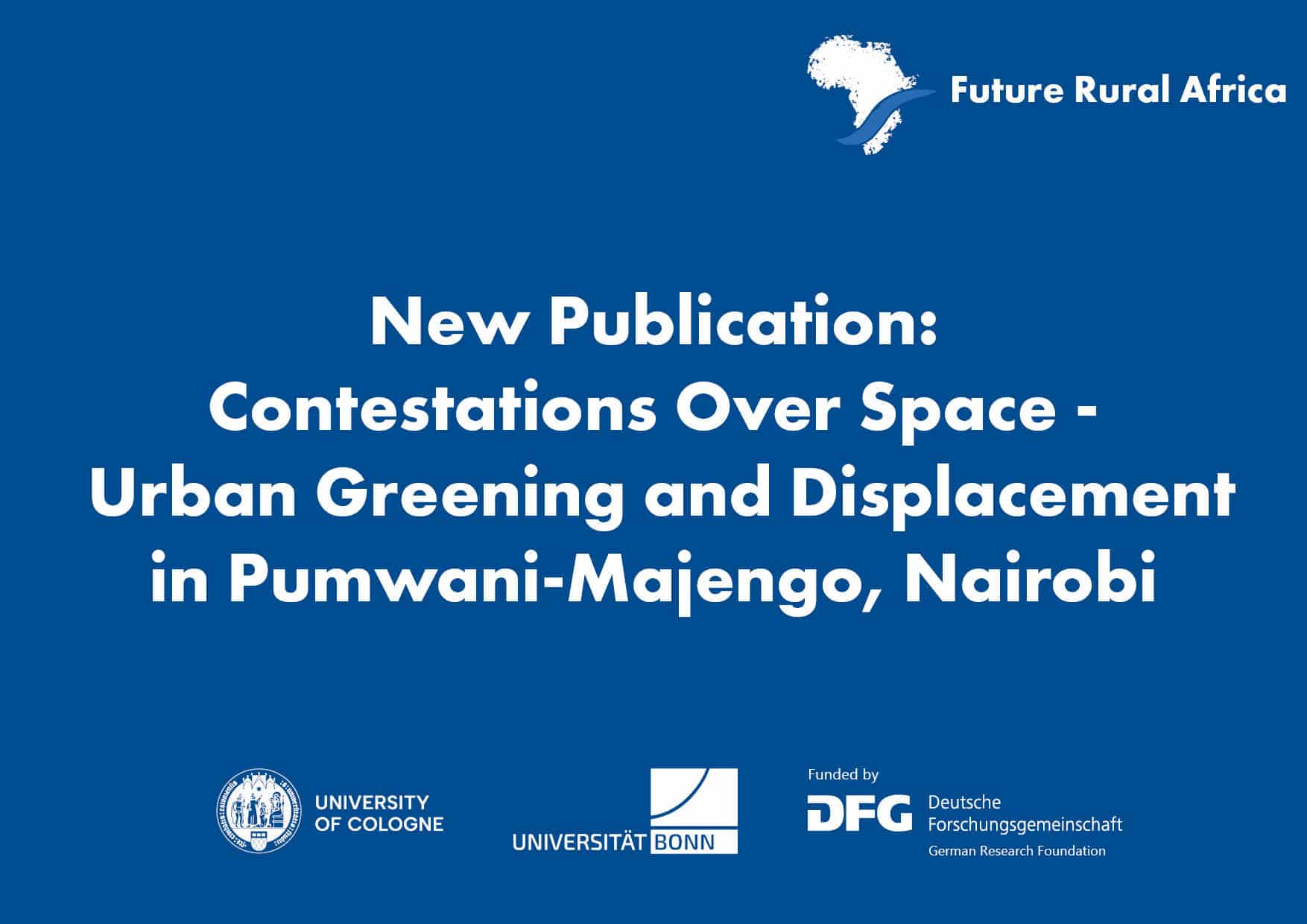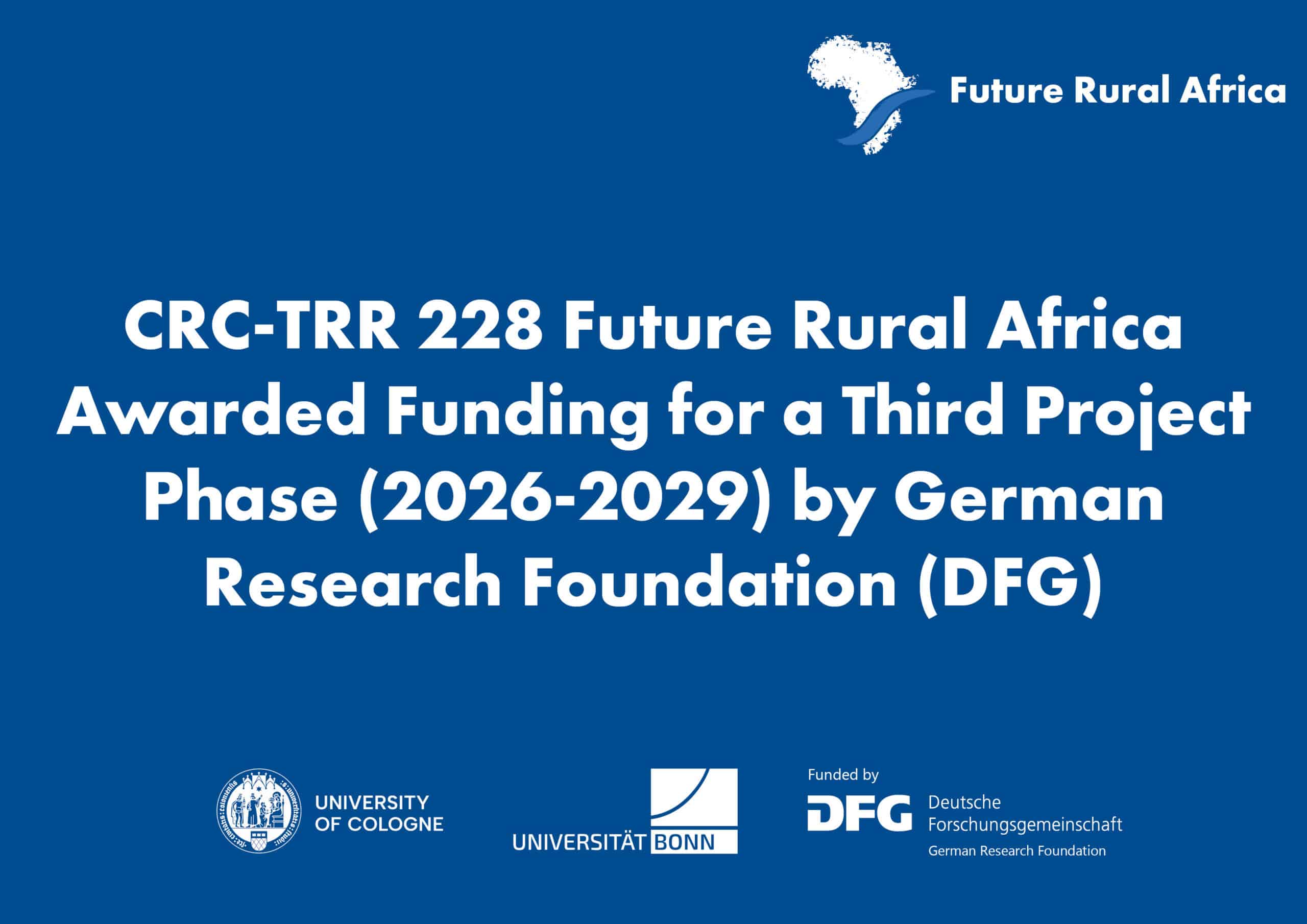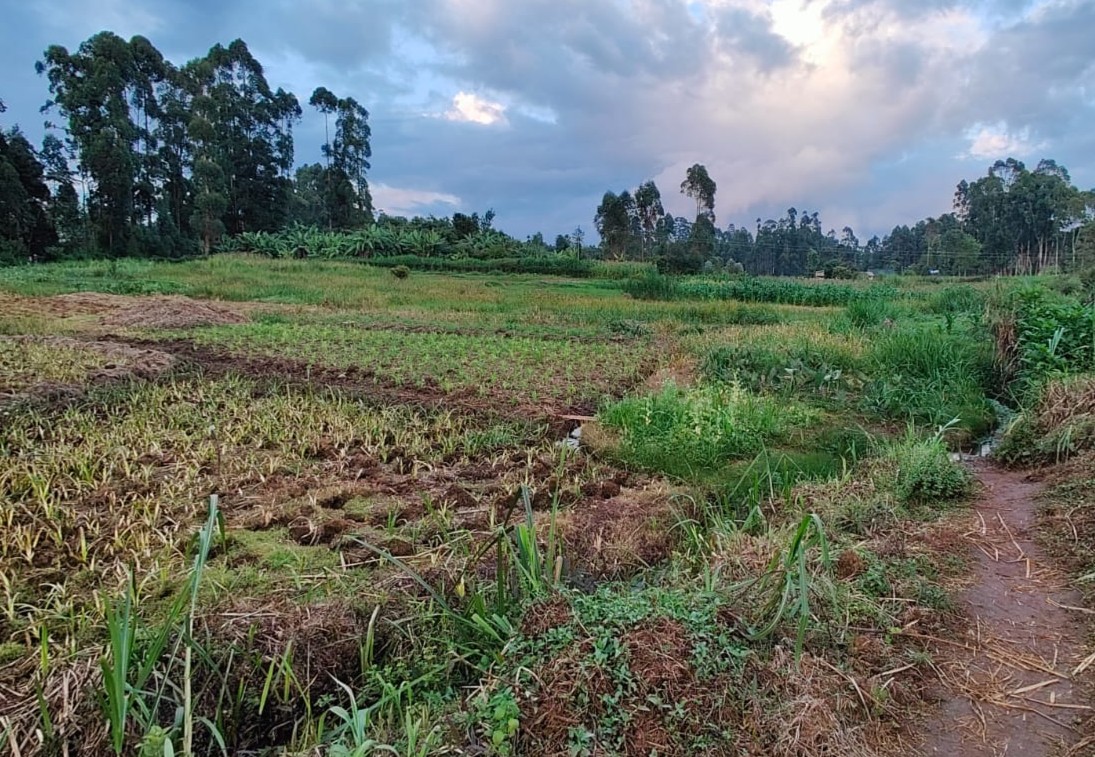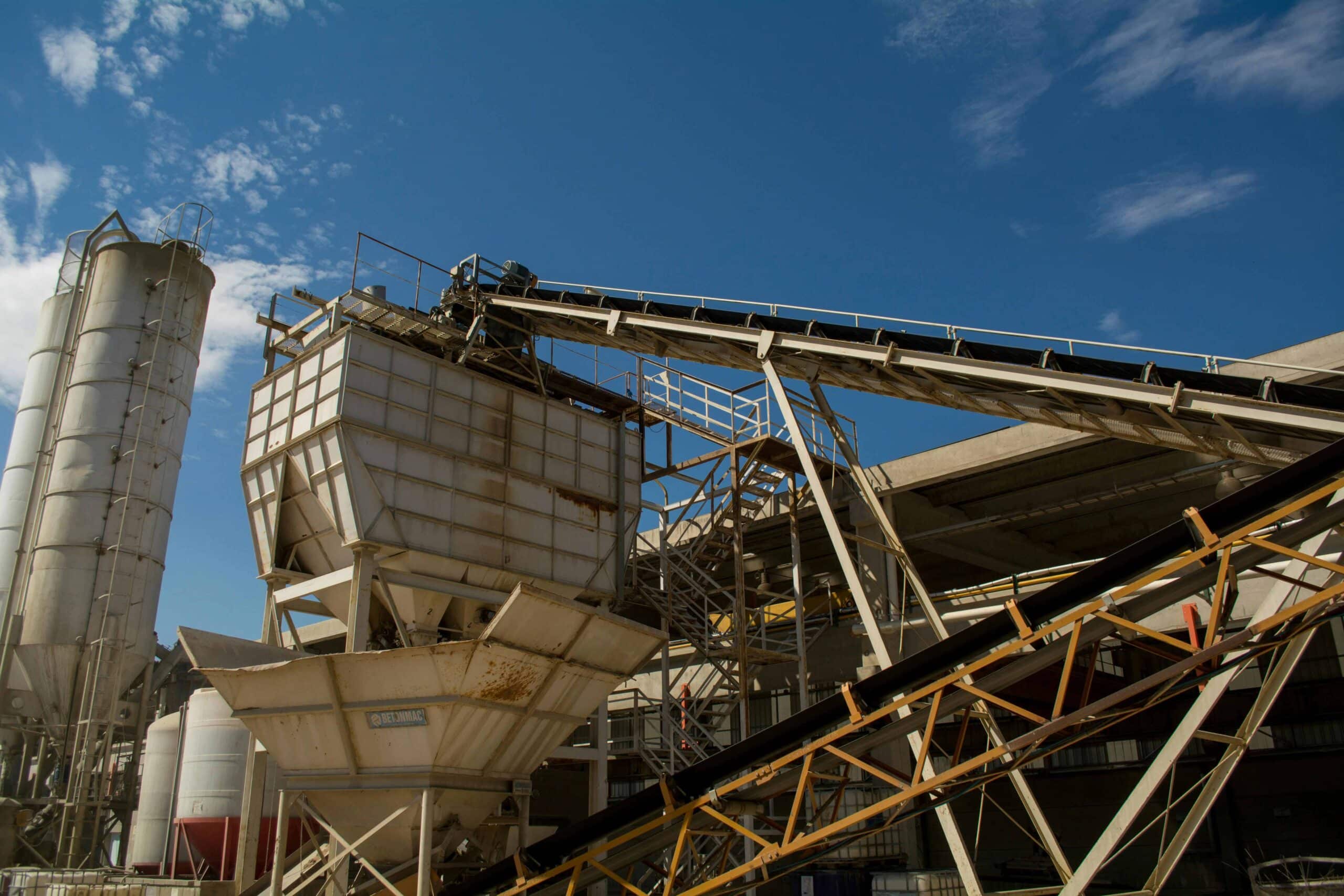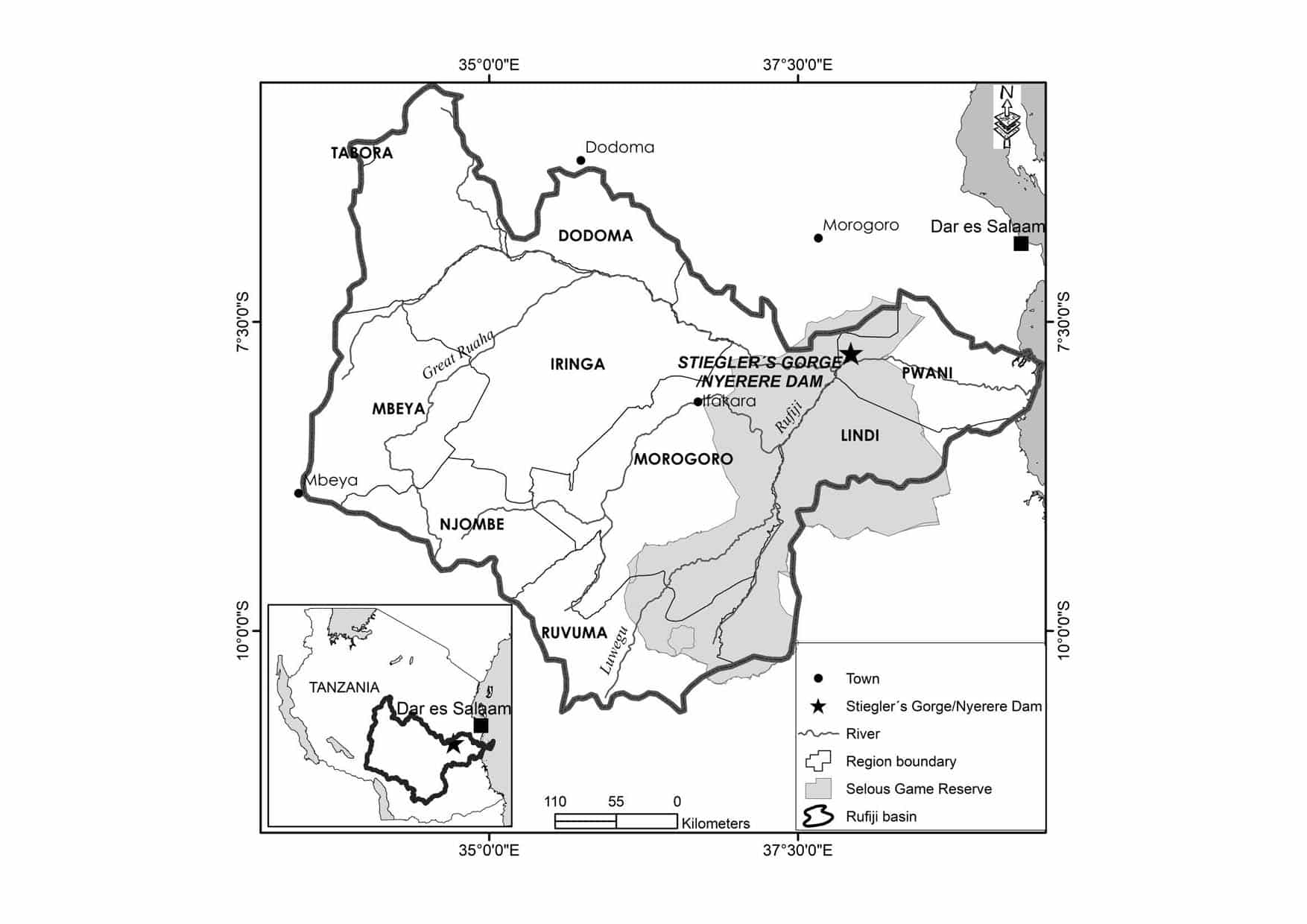By Julia Wummel, Project C02 Energy Futures
The project I am working on is called C02 “Energy Futures” – in my PhD project I focus on the Kenyan community of geothermal experts. Kenya is a regional leader of geothermal energy and focusing on unlocking its full geothermal potential to further advance electrification. Since geothermal energy is still a relatively small portion of the global energy mix, the community is transnational and relatively tight knit. Iceland, the global leader in geothermal energy, has been offering trainings to international professionals 1979. Kenyan experts have been attending trainings in Iceland for the past 40 years, getting inspired by, developing projects and becoming friends with Icelandic experts. I am interested in these epistemic mobilities and how visions of the future travel and get adapted through these networks. I was lucky and got the ok to conduct participant observations and interviews at the Geothermal Training Programme under the auspices of UNESCO in Reykjavik, where I took the pictures.
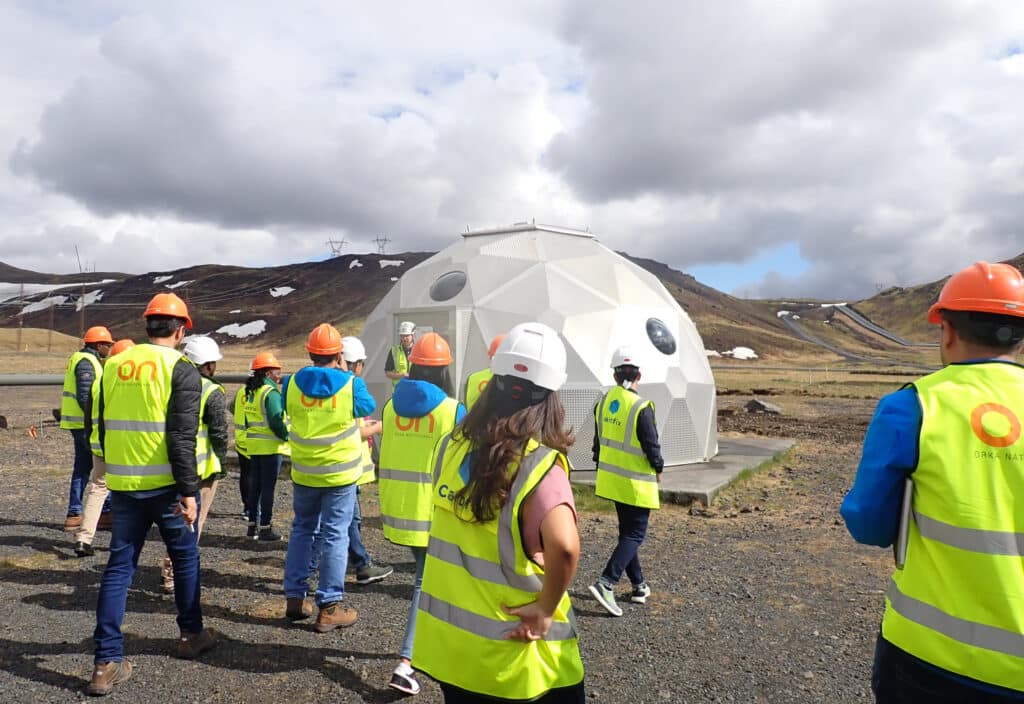
In November, I will then travel to Kenya to see how the geothermal ideas are translated to a Kenyan context and how the experts frame their work. Thereby, I am following Laura Nader to “the culture of power rather than the culture of the powerless“ (Nader, 1972: 289). Furthermore, I am particularly interested in women experts. Since energy poverty and the use of charcoal or similar sources of heat in the home is more likely to effect women and since women are regarded as “major actors driving sustainable development” (Gissi et al., 2018: 215), there is a strong need for female insight on shaping the energy transition. Classic sociological and anthropological research shows that “the culture of energy experts” (Nader, 2004: 775) is male dominated and sets clear boundaries for creativity. I would like to find out how this has changed in recent years and if there is a particular female way of thinking about energies.
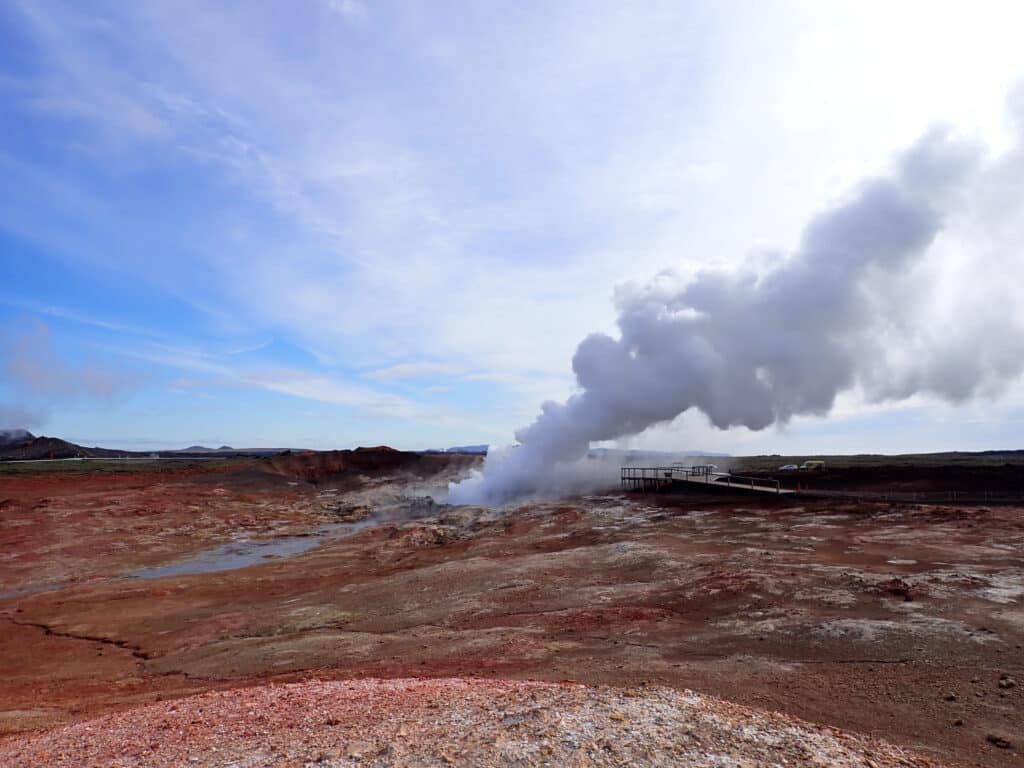
References
Gissi E, Portman ME and Hornidge AK (2018) Un-gendering the ocean: Why women matter in ocean governance for sustainability. Marine Policy 94: 215-219.
Nader L (1972) Up the anthropologist: Perspectives gained from studying up.
Nader L (2004) Social Thought & Commentary: The Harder Path: Shifting Gears. Anthropological Quarterly 77(4): 771-791.

